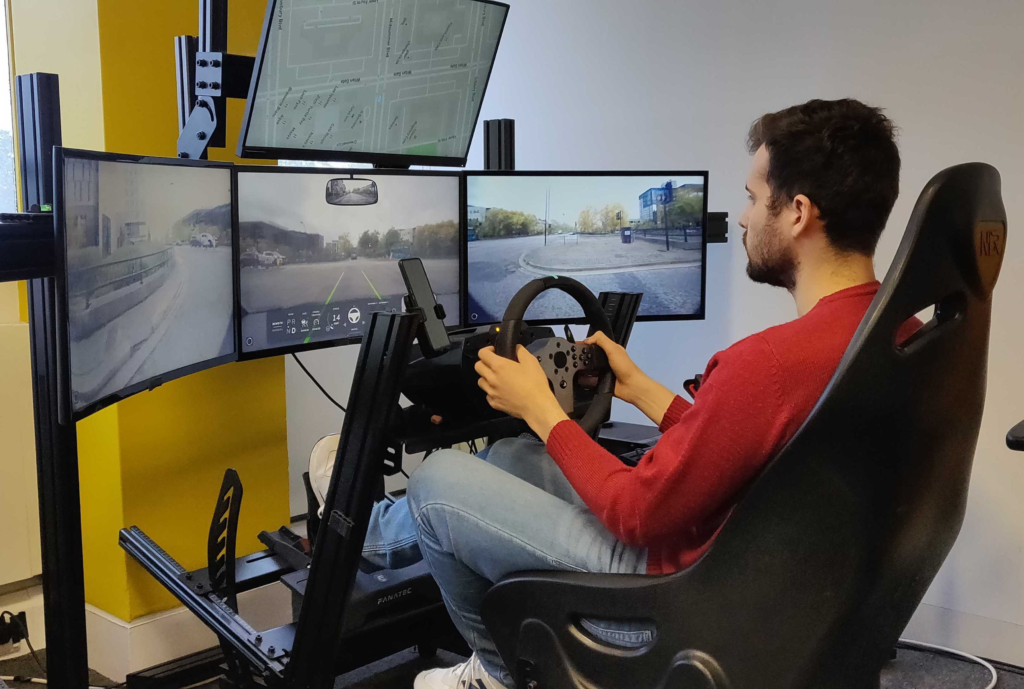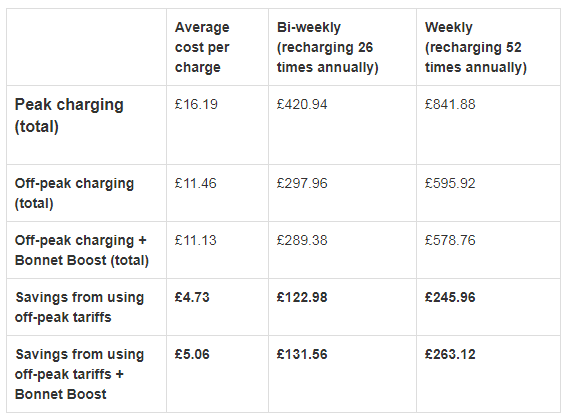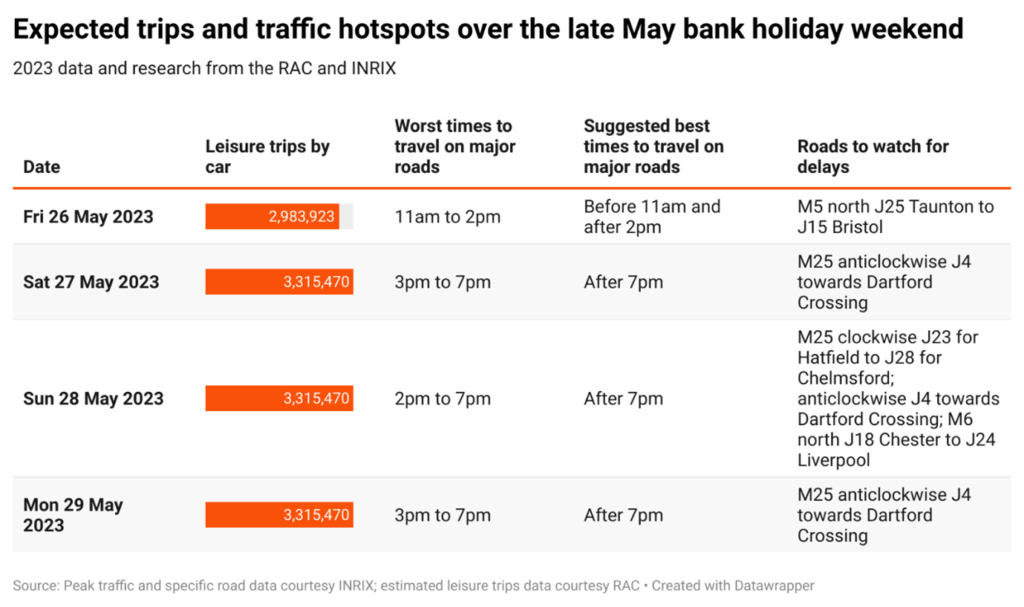Remote Control Driverless Cars Being Trialled In Milton Keynes
Thursday, 1. June 2023
Fetch, a new on-demand car-hailing service using remote-controlled driverless vehicles, has been launched by Imperium Drive.
The service, which has undergone 18 months of testing, is first launching in Milton Keynes before being rolled out across the country.
It will be able to connect with other urban areas and key transport interchanges, such as airports.
Customers can hire a car through the Fetch app, stating when they need it and for how long.
An electric vehicle (EV), which is remotely controlled by an operator, is then delivered to them. The customer then drives the car themselves to their destination and when the rental period is up, the remote vehicle operator takes over and pilots the car back to base or to the next user.
Koosha Kaveh, the chief executive of Imperium Drive, said: “It’s driverless but not autonomous – yet.
“There’s still a human involved, but they’re sitting in a control centre piloting the vehicle in the same way you would a drone.
“When fully autonomous, we think this system has the potential to replace private car ownership in the UK. Why pay all the costs of having a car on your drive when you can just pay for one to arrive when you need it.
“For short trips, the service offers the same convenience as a ride-hailing or taxi service, but with the ability to cover greater distances at less than half the cost of services like Uber or Bolt.”

There are currently four cars in the Imperium Drive fleet, operating within a four-mile radius of the Milton Keynes city centre hub.
Further regional hubs are planned to enable intercity travel and airport transfers.
To ensure the safety of occupants and other road users, the cars have multiple cameras attached to them, giving the operator a 360-degree view, and the operating system uses computer image algorithms to detect anything near the car.
RAC road safety spokesperson Simon Williams said: “While this scheme has been tested very successfully over an 18-month period, we worry that the experience of remotely driving a vehicle distances the driver from the potential road safety consequences in a video game-like manner.
“Although the remote driver has a reasonable view in front and around them by not being present in the vehicle they are – like it or not – somewhat disconnected from the reality of actually being behind the wheel.
“There’s also a risk they could be distracted by something in the room where they are located. We also fear there could be serious consequences when this scheme is rolled out more widely and if the delivery distances were to be lengthened to take in faster roads.”
Imperium Drive’s leadership team has a combined 45 years of experience in telecoms, robotics, autonomous vehicles and advanced mobility, with more than 60 patents and over 500 scientific citations.
To watch the demonstration on YouTube click HERE
By Graham Hill thanks to Fleet News

